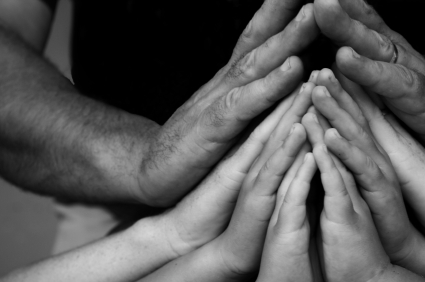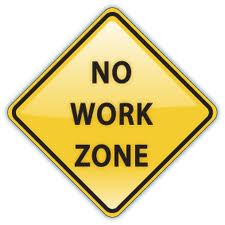Over at Daily Theology, Two good friends and theologians have posted initial responses to Pope Benedict’s announcment that he is stepping down at the end of the month.
In the Pope of Surprises, Kevin Ahern reminds us that while we are all surprised, this announcment is not as shocking as it seems from this particular pope…who has made a habit of surprising us.
Again, Benedict XVI has proven to be a pope of surprises. The pope that many claimed would bring the church to a pre-Vatican II church has surprised both conservatives and liberals with his generally pragmatic approach. The pope that many claimed would not engage crowds, e
nlivened groups in Africa, Middle East, Europe, Australia, and the Americas.
In some ways, Benedict resembles John XXIII in his quite, yet surprising leadership style. (I know that this is provocative to say). But perhaps this is part of the charism of being pope. The Holy Spirit is nothing less than a spirit of surprises. And in the end, life and the church would be much more boring without it
Perhaps a reminder that the Holy Spirit is the sprit of surprises is a good theological starting point as we begin the season of lent.
Second, eccclesiologist Brian Flanagan offers “An Office, Not a Person,” explains the canonical and theological details of the pope’s resignation. He will, after all, remain a bishop even though he will no longer be the Bishop of Rome.
The best thing about Benedict’s announced resignation is that it helps restore our understanding of the papacy to that of an office rather than a personal possession. The pope exercises his authority as the bishop of Rome and, because of that, the universal pastor, as the head of a local church, not because of a permanent change in his personal status (like being baptized, being ordained or being made a cardinal). Benedict’s own ecclesiological background is helpful here, in that he knows very well what a difference this makes. One could even speculate that this is a not-so-subtle contrast with the personality-driven papacy of his predecessor, John Paul II, a style of papacy that Benedict has studiously avoided. In addition to the possible practical benefits of having a younger man (in Vatican terms…) at the helm, preventing the administrative and bureaucratic mayhem of the last years of John Paul’s papacy, this move symbolically brings the papacy down to its proper size. The papacy can now be clearly seen as a crucial office of the universal church, but one in which the pope remains an officeholder, rather than an irreplaceable, magical figure. I’d bet €20, if the Vatican could accept credit cards, that Benedict is doing this with a great deal of conscious awareness of the ecclesiological, and not just the practical, implications for future papacies. The precedent may well be his greatest gift to the church.
Third, the possible not-so-good. There are lots of potential future pitfalls here as well. What do you do with an ex-pope, especially given the personality-driven understanding of the papacy that has been active for the past few centuries? I would imagine that Benedict will retire to a monastery or even back home to Bavaria to write and pray, but even then he will retain a great deal of influence over the church as a whole and his successor. Like an ex-president, he will have a great moral challenge in resisting the urge to intervene, privately or publicly, in a way that suggestions could be reinterpreted as requirements. Benedict’s precedent-setting example in retirement, as much as in retiring, will be crucial. Will he, and will his successors, have the fortitude to allow a new pope to be pope without interference? Like Washington at the end of his first term, Benedict – or just plain Joseph Ratzinger again? – has a lot of responsibility in the precedent he sets after the resignation.
But again, this may well be Benedict’s greatest gift to the church, not only for a more consistently competent papacy, but for a renewed understanding of the proper place of the pope within a more collegial church. I’m cautiously hopeful given the last time a pope surprised a group of his cardinals this completely – when John XXIII called the Second Vatican Council.
This will without doubt be an exciting Lent and also a prayful one. It also is a time to check out blogs like Daily Theology, to see what not only ethicists but ecclesiologists are saying.



